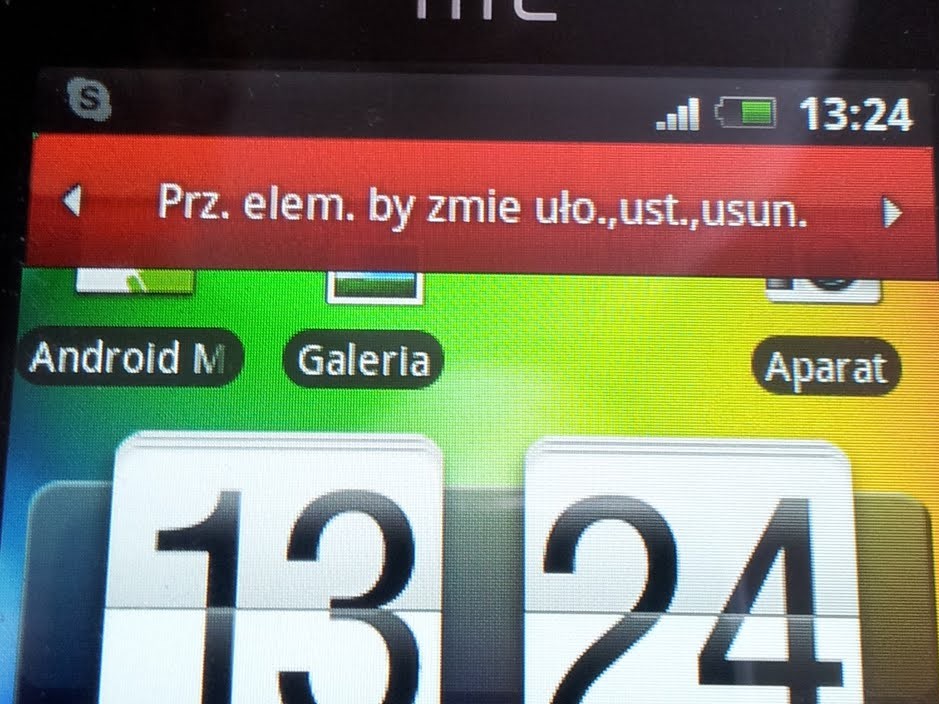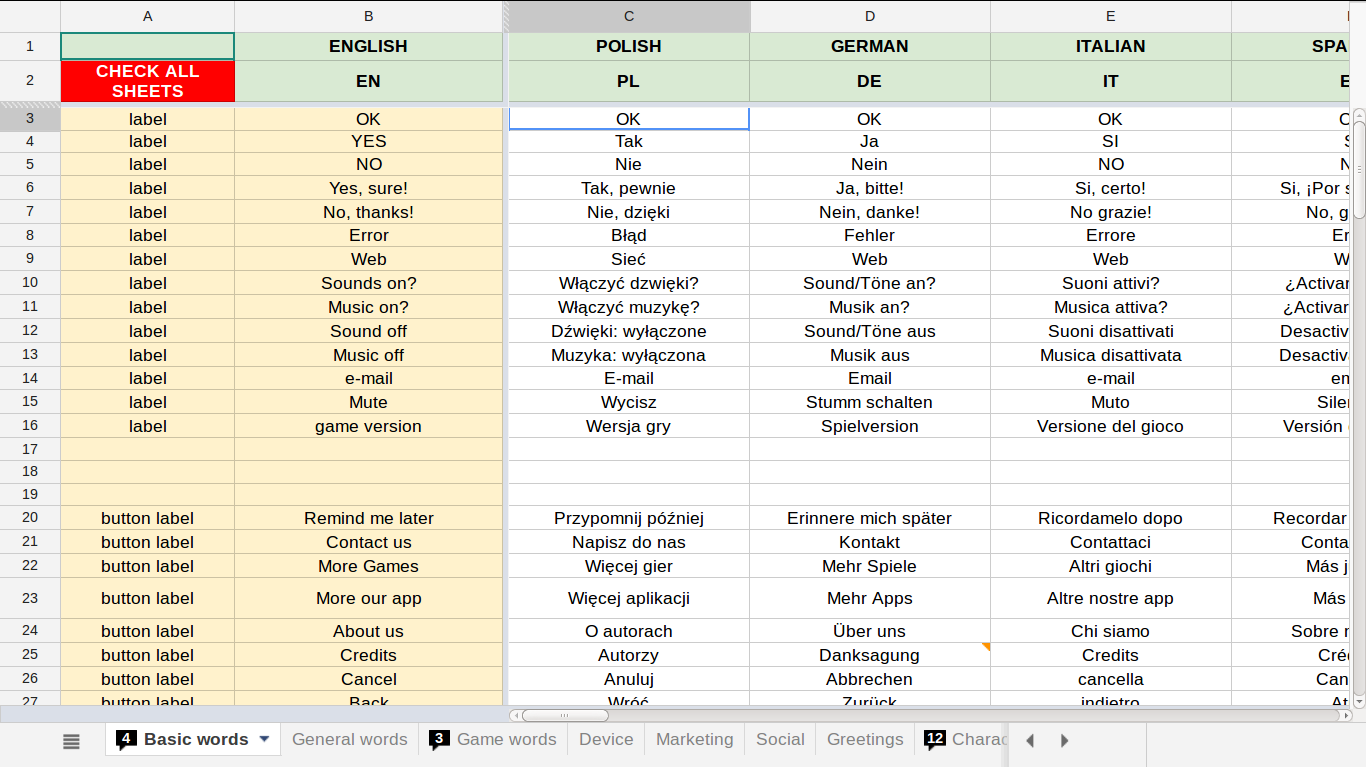L20n
NextGen L10n Framework for the Web
Created by Mozilla
Slides www.braniecki.net/talks/imug2014/ (zip) (pdf)
How many of you…
are native English speakers?
How many of you…
use software in a non-English locale?
UI localization
Zibi Braniecki, @zbraniecki
Mozilla L10n Labs, @mozilla_l10n
Mozilla
Mozilla
- over 700 million daily users
- Web browsers, email clients, mobile platforms
- 93+ languages
- 100% volunteer based
- maintaining localizations for over 10 years
Introducing the problem



How does interface localization work?
dated approach
English-centric
key-value pairs
plurals if you're lucky

File → Open…
Jane liked your album with 4 photos and shared 3 of them to her 357 followers in 4 countries at 9.23 AM yesterday (on April 24th, 2013). Have a good day!
(You have 3 more unread notifications)
localization logic in your source code
(if you're a developer)
other languages' logic in your language's logic
(if you're a localizer)
and, perhaps more importantly
poor UX
(if you're a user)
Solution
New paradigm
client-side
isolated
grammar-agnostic
responsive
based on a social contract
Language isolation
<liked "{{ $user.name }} liked your photo.">
<liked[$user.gender] {
feminine: "{{ $user.name }} polubiła twoje zdjęcie.",
masculine: "{{ $user.name }} polubił twoje zdjęcie.",
}>
Encapsulation
document.l10n.localize(['hello', 'new'], function(l10n) {
var node = document.querySelector('[l10n-id=hello]');
node.textConent = l10n.entities.hello;
node.classList.remove('hidden');
});
Social contract
Developers provide important data as context data
L20n always returns strings
Responsive
Retranslate pieces of UI when something changes
L20n
Data models
Resource
Locale
Context
Bindings
Syntax
<h2 l10n-id="hello"></h2>
<hello "Hello, World!">
<hello "Witaj świecie!">
document.l10n.localize(['hello'], function(l10n) {
element.textContent = l10n.entities['hello'].value;
});
Context data
<script type="application/l10n-data+json">
{
"user": {
"name": "John",
"gender": "male"
}
}
</script>
<hello "Hello, {{$user.name}}">
<missed[ $missedCalls == 1 ? 'one': 'many' ] {
one: "You have one missed call",
many: "You have {{$missedCalls}} missed calls"
}>
<plural($n) { $n == 1 ? 'one': 'many' }>
<missed[plural($missedCalls)] {
one: "You have one missed call",
many: "You have {{$missedCalls}} missed calls"
}>
Globals
@os
@hour
@screen.width
<hello[ @hour < 12 ? 'morning' : 'evening' ] {
'morning': 'Good morning',
'evening': 'Good evening'
}>
<hello[ @screen.width < 640 ? 'short' : 'long' ] {
'short': 'Sound',
'long': 'Sound & Voice Settings'
}>
document.l10n.localize(['hello'], function(l10n) {
element.textContent = l10n.entities['hello'].value;
});
Responsive l10n
CLDR / ICU extensions?
<hello "You have @i18n.formatCurrency($savings)">
<unreadEmails "You have @i18n.formatNumber($unreadEmails)">
<todayIs "Today is @i18n.toLocaleDateString($date)">
Language Packs
Tools
We're committed to invest in l10n environments
1.0 RC
Release in the coming days
Try it at l20n.org
Fork it at github.com/l20n